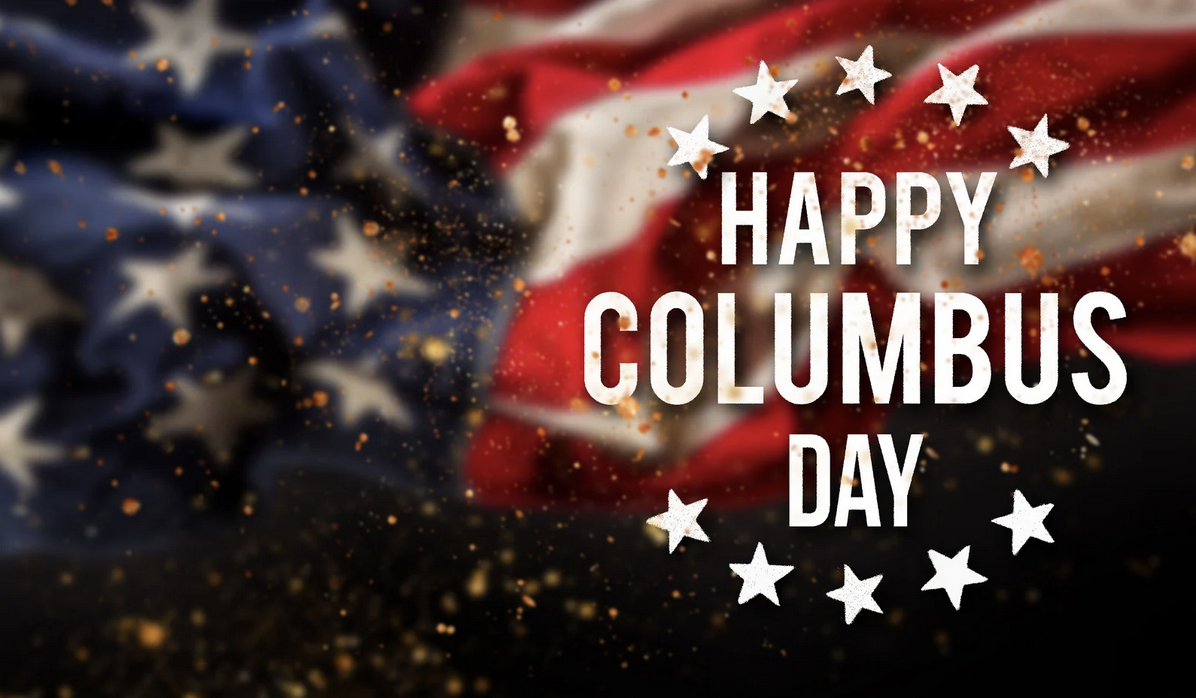
Columbus Day is celebrated in many countries, including the United States, to commemorate the arrival of Christopher Columbus in the Americas on October 12th, 1492. This day is often seen as an important milestone in history, marking the beginning of European exploration and colonization of the New World.
Discovery and Colonization
Christopher Columbus was an Italian explorer who sought a new, faster trade route to Asia. He received funding from the Spanish monarchs, King Ferdinand and Queen Isabella, and set sail with 3 ships – the Nina, Pinta, and Santa Maria. On October 12th, after two months at sea, his crew finally spotted land in what is now known as the Bahamas. Columbus believed he had reached the East Indies, but instead, he had landed in the Caribbean.
This discovery opened up a new world for European powers to explore and colonize. Over the next few centuries, Spanish conquistadors would conquer vast territories in South and Central America, while other European countries such as France and England also established colonies in North America. This brought about significant cultural, economic, and political changes to the New World.
Controversy Surrounding Columbus Day
While Columbus Day is celebrated in many countries, there has been much controversy surrounding the holiday due to its association with colonization and the mistreatment of indigenous peoples.
In recent years, there have been calls to change the holiday to Indigenous Peoples’ Day or to remove it altogether. Some argue that celebrating Columbus glorifies a man who caused immense harm to native populations. However, others believe that honoring Columbus is important for recognizing his significant role in history and the impact of his voyage on shaping the modern world.
Celebrations and Traditions
Despite the controversy, Columbus Day is still widely celebrated in many countries. In the United States, it is observed on the second Monday of October and is a federal holiday. It is often marked with parades, festivals, and other events that celebrate Italian-American culture.
In Latin American countries, the holiday is known as Día de la Raza or Day of the Race, which celebrates the mixing of European and indigenous cultures. In Spain, it is celebrated as Fiesta Nacional de España or National Day of Spain.
The history of Columbus Day is a complex one, encompassing both triumphs and tragedies. Let us use this holiday as a time for reflection, education, and celebration of diverse cultures. Happy Columbus Day!

